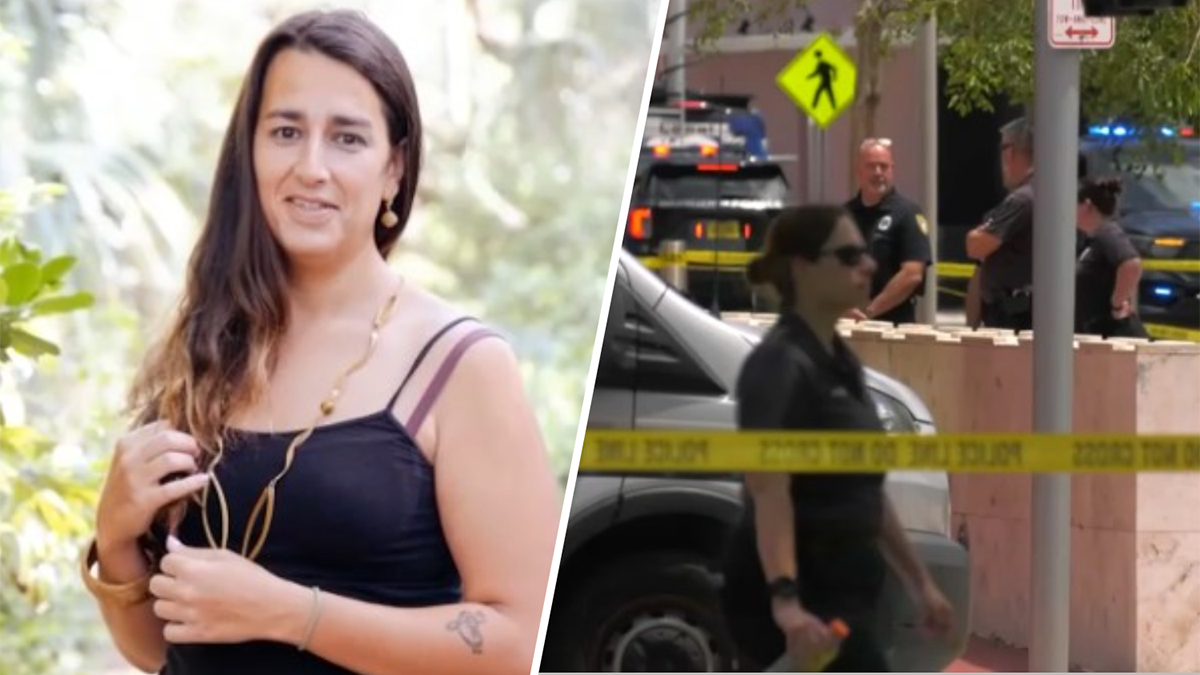The Florida Legislature began its 2020 session Tuesday, as it prepared to consider hundreds of bills, including teachers pay raises, climate change and immigration — as well as approving the billions of dollars required to keep the country's third-most populous state operating.
The Senate banged into session first, opening its session by commemorating the Dec. 6 shooting at the Pensacola naval air station that killed three sailors.
Later, Gov. Ron DeSantis delivered his second State of the State address before a joint session of the House and Senate.
DeSantis said keeping taxes low, improving education and protecting the environment will help Florida continue to grow. He said he wants to build on some of his success from his first year in office.
“In 2019, we took bold steps to expand educational opportunities, protect our environment and natural resources, reform health care, invest in infrastructure and bolster public safety — all while reducing taxes and adding to our budget reserves," DeSantis said in his prepared remarks. “While we should look with favor on these bold beginnings, we have much more to do.”
He spoke in the House chamber, where lawmakers desks' were covered in flowers. Members of the Supreme Court and the state's three Cabinet members also attended the address.
While touting a boost in adoption, DeSantis told lawmakers he wants them to pass a bill that would require girls under the age of 18 get their parents' permission to get an abortion. The state already requires girls' parents be notified if they have an abortion.
Local
DeSantis also said he wants lawmakers to pass a wide-ranging bill to address Florida's algae problem. The goal is to reduce fertilzers and nutrients flowing into the state's waterways.
“I believe that stewardship of our natural resources is key to our economic well-being — our water is the foundation of our tourism industry, makes Florida the top fishing and boating destination in the world and enhances our property values,” DeSantis said.
In his opening remarks, Senate President Bill Galvano, a Republican, reminded his chamber of the weighty responsibility lawmakers have.
“As we go into this session let us continue to show our constituents that we can exchange and debate ideas while maintaining civility and decorum," he told the chamber. “That we can problem solve together. That we can put aside personalities and politics for good policy. And, that we are not a microcosm of Washington, D.C., but instead will continue to be an example for Washington, D.C.”
In the House, Speaker Jose Oliva was far more policy oriented in his opening remarks, indicating that health care would be a key issue in his final session leading the 120-member chamber.
In his remarks, Oliva criticized what he called the “healthcare industrial complex,” including drug companies, hospitals and medical device companies that he called “the great robber-barons of our time.”
“As we turn our attention forward we still face many challenges. Chief among them continues to be healthcare," Oliva told his chamber.
“We did not choose healthcare as our priority,” he said. “No, it chose us, it chose us through the sheer audacity of the defenders of the status quo.”
With a presidential election looming this fall, it remains to be seen how fiercely partisan divides might influence the work of lawmakers.
For now, there was an air of collegiality, and bouquets festooned the chambers. Outside the chambers, the Capitol halls and rotundas pulsed with activity. Opening day was also an important day for lobbyists and the activists who seek to influence lawmakers and the legislation that will be crafted over the 60 days the Legislature has to complete its business before adjourning.
While DeSantis enjoys strong relationships with lawmakers — particularly his fellow Republicans who run both chambers of the statehouse — he may not necessarily get everything he wants during his second year as the state's chief executive.
His $91.4 billion budget calls for major spending on the environment and education — including a nearly $1 billion outlay for teacher raises and bonuses. Some fiscally conservative lawmakers said they would give the spending intense scrutiny.
On the eve of the Legislature's opening day, thousands of educators and their allies descended on the state Capitol to draw attention to the governor's plan, saying his proposal was flawed because of potential pay inequities and because veteran educators and non-teaching school employees would be left out.
Some key Republicans have also cast doubt on the governor's plan to require employers to use a federally operated electronic database — known as E-Verify — to check the immigration status of workers.
E-Verify has been opposed by agriculture, construction, tourism interests and other industries that rely on immigrant labor.



